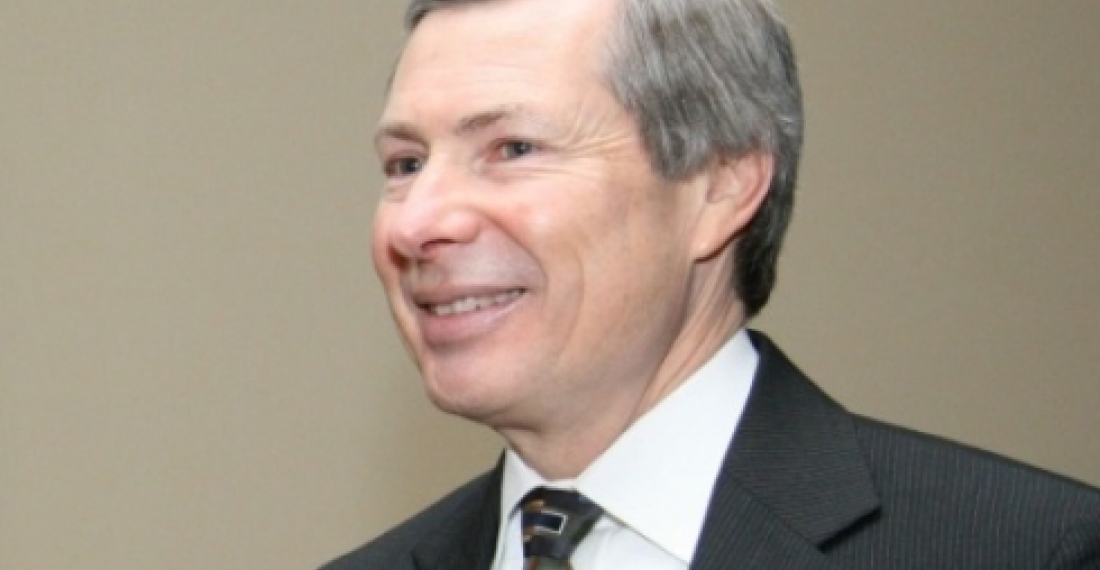Посол Джеймс Уорлик в очередной раз призвал стороны нагорно-карабахского конфликта принять все меры, чтобы соблюдать режим прекращения огня, и сообщил, что этот призыв звучал со стороны трех стран-сопредседателей в ходе встреч с руководителями Армении и Азербайджана на прошлой неделе. Американский сопредседатель Минской группы ОБСЕ по Нагорному Карабаху, сказал, что, если стороны действительно желают урегулирования путем переговоров, то они должны уменьшить напряженность на линии соприкосновения и на
армяно-азербайджанской границе..
Об этом Уорлик сказал в ответ на вопрос, поставленный ему армянскими СМИ.
На линии соприкосновения в четверг (6 августа) опять были зафиксированы инциденты. Азербайджанская сторона утверждает, что они сбили два армянских беспилотника. Армянская сторона отрицает это. Обе стороны также утверждают, что в течение ночи вновь были зафиксированы нарушения прекращения огня. Армянская сторона заявляет, что один из ее солдат был легко ранен. Министр обороны Армении Сейран Оганян заявил, что армянская сторона отвечает только на снайперские выстрелы, и игнорирует беспорядочную стрельбу.
Однако, Азербайджан утверждает, что в течение ночи армянской стороной были использованы крупнокалиберные пулеметы. Министр обороны Азербайджана генерал-полковник Гасанов в пятницу завершил инспекционную поездку на линию соприкосновения. Гасанов выразил удовлетворение уровнем или готовностью войск.
источник: commonspace.eu по материалам агентств
фото: посол Джеймс Уорлик (фото из архива)







